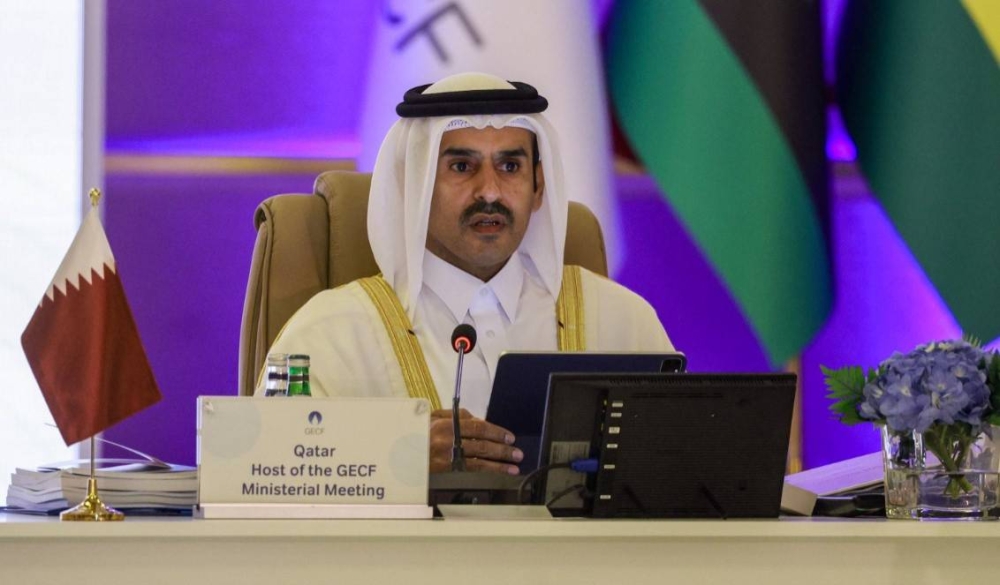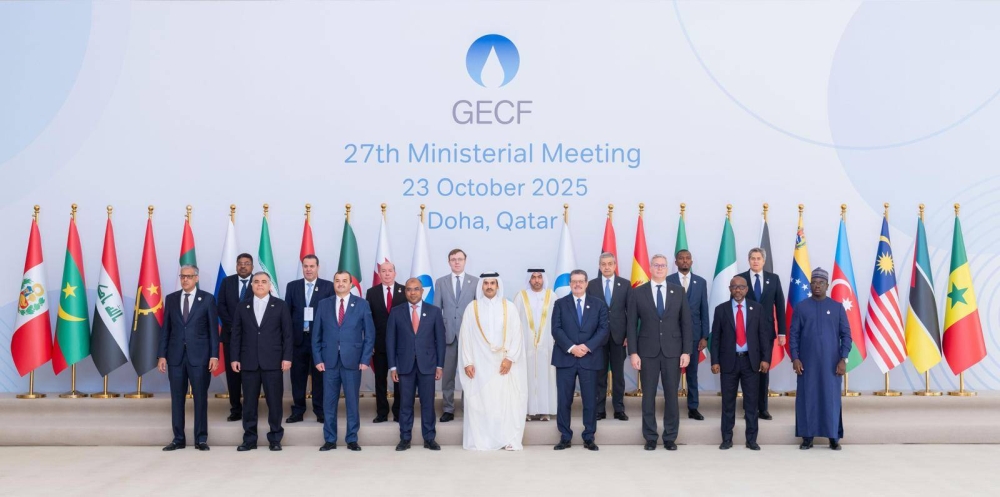In recent discussions on international energy policies, Al-Kaabi has called for urgent measures to remove trade barriers that negatively impact the global liquefied natural gas (LNG) sector. With energy markets facing growing pressures, he emphasized that unfair and discriminatory regulations are slowing down access to cleaner, more efficient energy sources. Al-Kaabi stressed that natural gas plays a critical role in ensuring energy security, economic stability, and environmental sustainability worldwide.
He pointed out that while some countries are implementing protective policies to favor local energy production, such measures often undermine international trade fairness. These barriers not only restrict the flow of LNG but also increase costs for consumers and create uncertainty for investors. In his address, Al-Kaabi encouraged collaborative approaches that prioritize market efficiency and equitable access.
The Importance of LNG in the Global Energy Mix
LNG has emerged as a cornerstone of the global energy landscape. It offers a cleaner alternative to traditional fossil fuels like coal and oil, contributing significantly to efforts to reduce carbon emissions. As countries around the world intensify their commitment to sustainable energy transitions, the accessibility of natural gas becomes more crucial than ever.
Al-Kaabi highlighted that LNG enables energy diversification and ensures that nations can meet their growing energy demands without compromising environmental objectives. He emphasized that limiting LNG trade through discriminatory measures could hinder the global shift toward low-emission energy solutions. By ensuring fair trade practices, countries can secure a reliable and flexible energy supply while supporting economic development.

Opposing Discriminatory Measures
Al-Kaabi specifically criticized policies that disproportionately affect foreign LNG exporters. Such measures, including tariffs, quotas, and restrictive licensing, create an uneven playing field and disadvantage certain suppliers. He argued that these barriers are not only counterproductive but also harmful to global energy stability.
According to Al-Kaabi, the focus should be on building a cooperative and transparent international energy market. When countries implement restrictive practices, it risks increasing energy prices, delaying project investments, and creating unnecessary tensions among trading partners. He called on policymakers to work together to eliminate obstacles that prevent the efficient flow of natural gas.
Encouraging Global Collaboration
Global collaboration is key to sustaining a stable LNG market. Al-Kaabi urged governments, energy companies, and international organizations to engage in dialogue and develop frameworks that promote fairness and reliability. By fostering partnerships, the industry can mitigate risks associated with supply disruptions, price volatility, and geopolitical tensions.
Al-Kaabi also highlighted the importance of creating policies that incentivize investment in LNG infrastructure, including production facilities, shipping networks, and storage systems. Strengthening these capabilities benefits not just exporters but also importing countries, ensuring that energy demands are met consistently and sustainably.
Economic and Environmental Benefits
Removing trade barriers in the LNG sector carries significant economic and environmental benefits. Economically, free and fair trade enables exporters to expand markets, attract investment, and generate employment opportunities. For importing countries, it reduces energy costs and strengthens industrial growth.
From an environmental perspective, increased access to LNG supports the transition from coal and oil to cleaner fuels. Natural gas emits fewer pollutants and greenhouse gases, helping nations achieve their climate goals while maintaining energy reliability. Al-Kaabi emphasized that policies promoting fairness in LNG trade contribute directly to a greener, more sustainable global energy future.

Addressing Market Inefficiencies
One of the primary concerns raised by Al-Kaabi is the inefficiency caused by unnecessary trade restrictions. Market inefficiencies lead to higher energy costs, supply shortages, and limited investment in innovative technologies. By addressing these challenges, countries can create a more resilient and competitive LNG market.
He encouraged stakeholders to focus on solutions that enhance transparency, reduce bureaucratic hurdles, and facilitate smooth trade flows. These steps not only improve economic outcomes but also strengthen trust and cooperation among international energy partners.
The Role of Leadership in Energy Policy
Al-Kaabi’s call to action underscores the importance of leadership in shaping fair and effective energy policies. Governments and industry leaders have a responsibility to ensure that policies support global energy security and sustainability. By taking proactive steps to remove barriers and promote equitable trade, leaders can foster stability and growth in the LNG market.
He also stressed the need for forward-looking strategies that anticipate market changes, technological advancements, and environmental requirements. Strategic planning and collaboration at the international level are critical to overcoming challenges and seizing opportunities in the dynamic energy sector.
Building a Resilient LNG Future
Looking ahead, Al-Kaabi envisions a future where LNG trade is driven by fairness, innovation, and sustainability. A resilient LNG market depends on removing unnecessary barriers, encouraging investment, and prioritizing environmental considerations.
By embracing collaboration and equitable trade practices, the global community can unlock the full potential of natural gas. This approach ensures energy security, promotes economic growth, and contributes to a cleaner and more sustainable planet. Al-Kaabi’s message is a reminder that energy solutions should be inclusive, forward-thinking, and grounded in the principles of fairness and cooperation.
Conclusion
Al-Kaabi’s call to oppose LNG trade barriers highlights a critical challenge facing the global energy sector. Discriminatory measures not only impede access to cleaner energy but also create economic and environmental disadvantages. By fostering collaboration, transparency, and fairness in international trade, countries can secure a more resilient and sustainable energy future.
His message emphasizes the shared responsibility of governments, industry leaders, and policymakers to build a global energy market that benefits everyone. Fair and open LNG trade is not just an economic imperative it is a vital step toward a cleaner, safer, and more prosperous world.
Do follow Gulf Magazine on Instagram.
Also Read – Sky Motors Temporarily Shut by MoCI, Boosting Industry Standards



